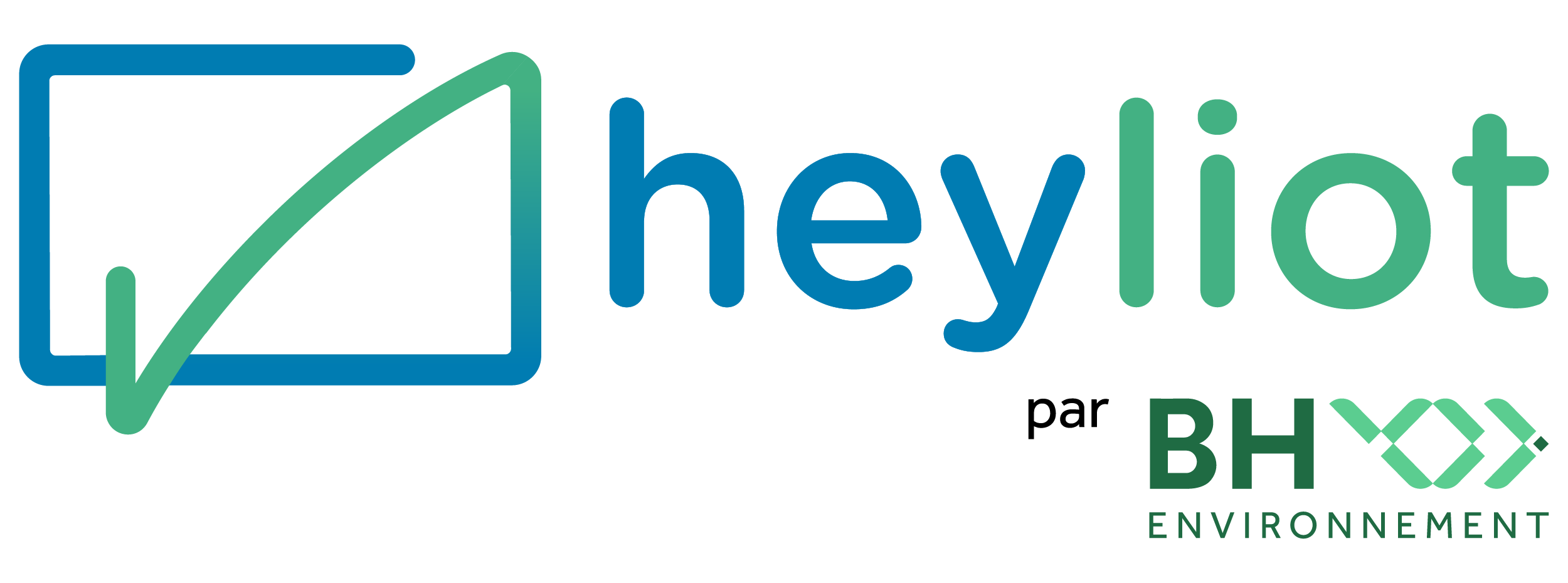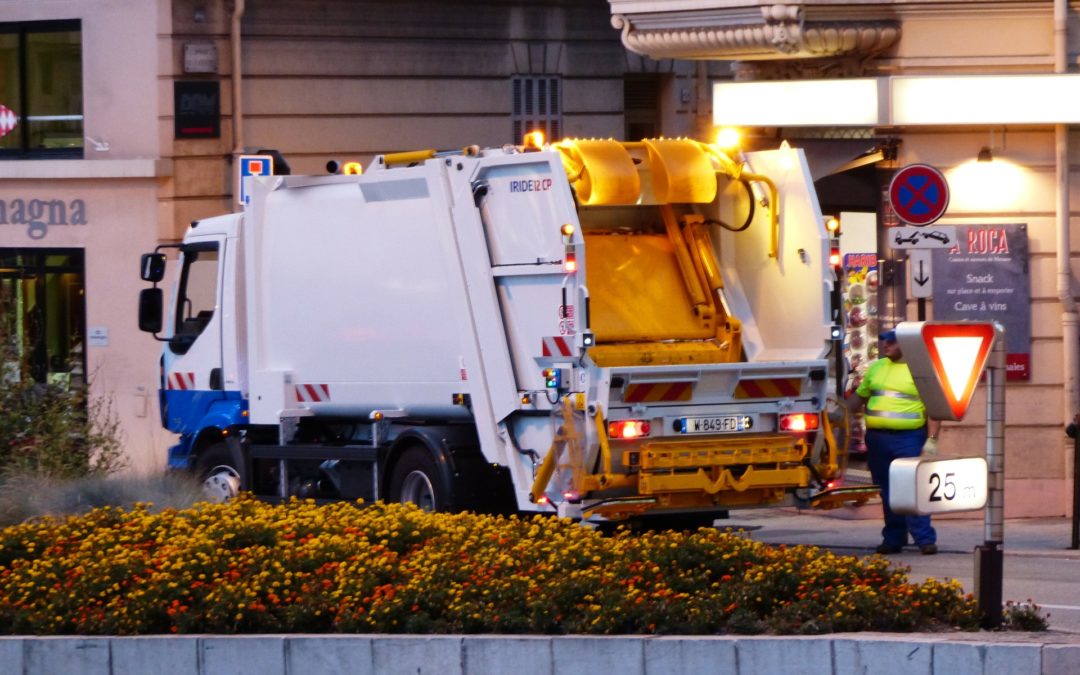In order to meet the environmental and economic challenges, collection operators must find ways to optimize their routes. Waste collection represents a very significant cost for local authorities, however, it is possible to reduce these costs by optimizing its routes.
An optimized tour: time saved ! And not only that !
At a time when waste is at the center of environmental concerns and in a logic of circular economy, many innovative solutions for the planet are emerging. But what about what already exists? Every day, many waste collections are made in all French cities, but are they optimized?
Garbage truck drivers have a predefined daily route throughout the city in order to collect waste in each of the planned locations. Each truck passes approximately 2 to 3 times a week at each of the collection points. However, there are times when the garbage garbage cans are practically empty, so their collection could have been avoided and postponed to later. Conversely, others overflow and force the team to pick up all the garbage in the surrounding area. As a result, some rounds result in a loss of time and money for communities.
An optimized route therefore represents only advantages: reduction of the ecological footprint, reduction of unnecessary trips, saving time, saving money… Optimizing routes also means improving the quality of service provided to users, especially since the garbage cans no longer overflow. It means offering a service at the right time and in the right place!
The Internet of Things in the service of collection optimization
The IoT or Internet of Things allows objects to exchange information, communicate with each other and interact. They can detect precisely and in real time the state of a situation in order to provide the appropriate response. The IoT is therefore a possible solution to optimize its tours. Indeed, by installing the IoT sensors on all containers to be emptied, data concerning their filling could be recovered. Thus, thanks to the collected data, an adapted itinerary including all the collection points where the containers need to be emptied would have to be defined each day. No more need to travel for a container that is not filled. A container is too full, it will soon overflow? An alert will be sent. It is up to the collection organization to act accordingly. Every collection would therefore be useful. This would avoid wasting time and money while optimizing the number of kilometers traveled.






